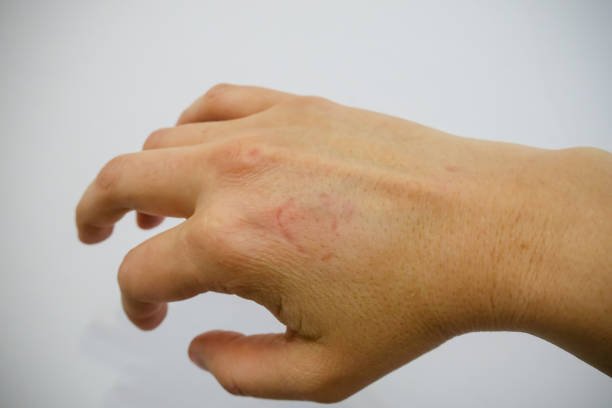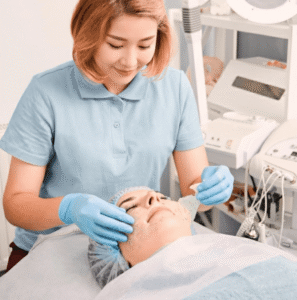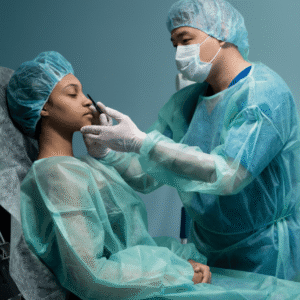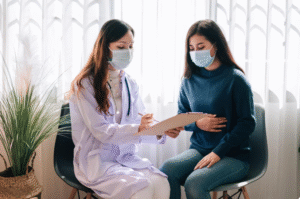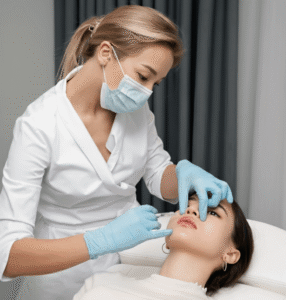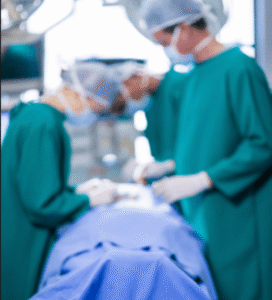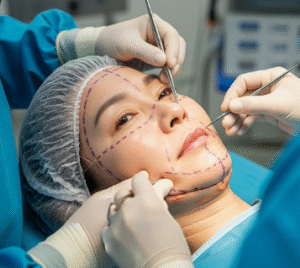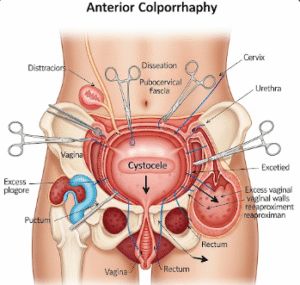Overview
Human bites may not seem as severe as animal bites, but they can be extremely dangerous because the human mouth contains many bacteria. These bites can lead to serious infections, tissue damage, or transmission of blood-borne diseases if not treated promptly. In Korea, human bite cases are managed quickly in emergency departments and specialized clinics, with a strong focus on infection control, wound management, and preventive measures such as vaccination against tetanus or hepatitis B.
What are Human Bites?
A human bite occurs when the skin is punctured, torn, or compressed by another person’s teeth. They can happen accidentally (such as during sports or falls) or intentionally (such as in fights). Human bites are categorized as:
- Occlusive bites – when someone bites another person directly.
- Clenched-fist injuries – when a person punches someone’s teeth, causing a wound on their knuckles.
Symptoms
- Pain, redness, and swelling around the wound
- Puncture marks or tearing of skin
- Bleeding
- Warmth, pus, or foul smell (signs of infection)
- Fever or swollen lymph nodes (if infection spreads)
Causes
- Physical fights or assaults
- Sports injuries
- Accidental bites during rough play
- Children biting during temper outbursts
- Bites during certain intimate activities
Risk Factors
- Deep puncture wounds or broken skin
- Bites on hands, face, or near joints
- Delayed medical care
- Weakened immune system (diabetes, HIV, cancer patients)
- People working in crowded environments (teachers, caregivers, healthcare workers)
Complications
If left untreated, human bites can lead to:
- Severe skin and soft tissue infections
- Septic arthritis (joint infection)
- Osteomyelitis (bone infection)
- Sepsis (life-threatening blood infection)
- Transmission of diseases such as Hepatitis B, Hepatitis C, or HIV (though rare)
- Permanent scarring or disfigurement
Prevention
- Avoid fights and violent situations
- Supervise children prone to biting
- Use protective gear in sports and workplaces
- Maintain vaccinations (e.g., tetanus, hepatitis B)
- Immediate washing and disinfecting of wounds
Treatment Options in Korea
Korean hospitals follow strict infection control protocols for human bites. Prompt treatment reduces the risk of complications.
Diagnosis
- Physical examination of the wound
- Blood tests (if infection suspected)
- Imaging (X-ray) for clenched-fist injuries or suspected bone damage
- Tests for possible transmission of blood-borne diseases
Medical Treatments
- Wound cleaning & debridement: Immediate washing with antiseptics to prevent infection
- Antibiotics: Broad-spectrum antibiotics are prescribed to fight bacterial infections
- Pain management: Analgesics to reduce pain and swelling
- Vaccination: Tetanus and hepatitis B vaccination if necessary
- Antiviral prophylaxis: In rare cases, if HIV transmission risk exists
Surgical or Advanced Therapies
- Suturing (delayed closure): In some cases, wounds are left open initially to reduce infection risk before stitching
- Plastic or reconstructive surgery: For severe facial or cosmetic injuries
- Surgical drainage: If abscesses or infected tissues form
Rehabilitation and Support
- Wound care follow-ups in outpatient clinics
- Physiotherapy for joint involvement (e.g., clenched-fist injuries)
- Psychological counseling for victims of violent assaults

